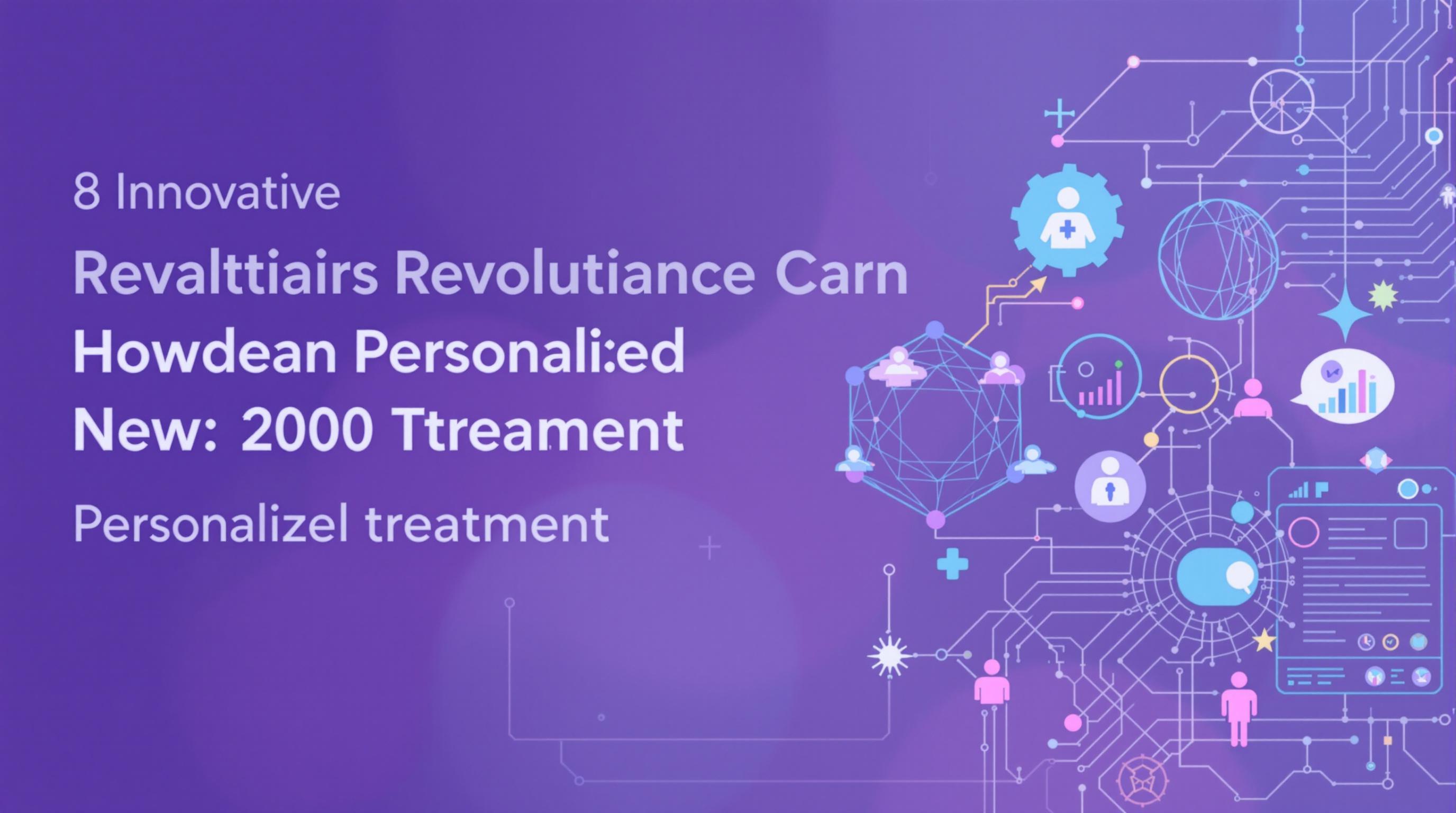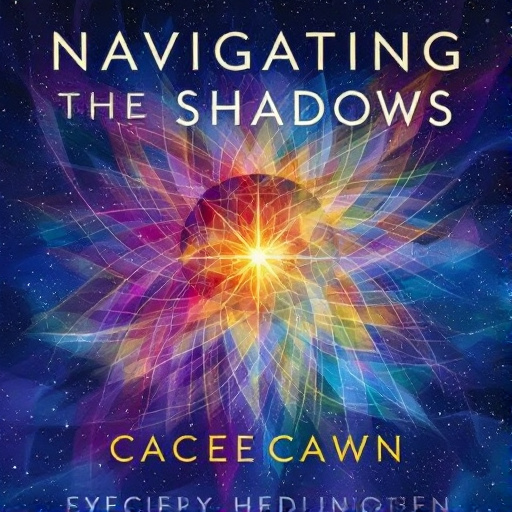Featured Articles
- 8 Innovative Technologies Revolutionizing Cancer Healthcare Providers’ Approach to Personalized Treatment
- Navigating the Dark Side: How Medical Misinformation Shapes Cancer Care Decisions Among Patients
- Navigating the Shadows: The Untold Role of Alternative Therapies in Cancer Care Practices
- The Psychology of Empathy in Cancer Care: Unpacking its Role in Patient Outcomes and Provider Burnout
- The Rise of Telecancer: How Virtual Care is Redefining Patient-Provider Relationships in Oncology
Navigating the Dark Side: How Medical Misinformation Shapes Cancer Care Decisions Among Patients
Navigating the Dark Side: How Medical Misinformation Shapes Cancer Care Decisions Among Patients
Medical misinformation significantly influences cancer care decisions, often leading patients astray in their treatment choices. Understanding the implications of this misinformation is vital for both patients and healthcare providers navigating the complexities of cancer care.
The Landscape of Cancer Treatment
When you or a loved one receives a cancer diagnosis, the world shifts beneath your feet. According to the National Cancer Institute, over 1.9 million new cancer cases were diagnosed in the United States in 2021 alone (NCI, 2021). Faced with such a life-altering prognosis, it's no wonder that patients seek information to guide their decisions. However, the vast expanse of knowledge available today can sometimes resemble a minefield—one wrong step, and you may find yourself lost in a tangle of misinformation.
The Allure of Misinformation
Consider this: a recent survey revealed that 43% of adults reported encountering health-related misinformation online, with cancer being among the top three subjects misleadingly discussed (Pew Research Center, 2020). The internet, with its endless streams of information, also hosts a plethora of sensationalized stories, unfounded claims, and misguided testimonials that can easily lead patients to question their care choices. Patients searching for hope and answers may find themselves gravitating towards anecdotal narratives that seem more comforting than the complicated realities of medical science.
Case Study: The Dangers of DIY Research
Take the case of Jenna, a 35-year-old diagnosed with Stage II breast cancer. Her initial treatment plan involved chemotherapy followed by surgery. However, after joining a Facebook group advocating for holistic remedies, Jenna found herself rethinking her approach. Members vehemently touted the benefits of alternative treatments, often citing personal stories of miraculous recoveries. Captivated by these narratives, Jenna delayed her chemotherapy by two months in hopes of finding a miracle through natural remedies. Unfortunately, this decision allowed her tumor to grow, resulting in more aggressive treatment down the road and adding unnecessary stress to an already challenging situation.
The Role of Social Media
Social media platforms have become significant sources of health information, both beneficial and harmful. It’s tempting to seek solace in the shared experiences of others. While communities on platforms like Twitter and Instagram have empowered many by providing a support network, they can also act as echo chambers, amplifying misinformation. A study conducted by researchers at the University of California revealed that tweets with incorrect health information are retweeted more than accurate ones, providing a fertile ground for myths to flourish (Health Affairs, 2020).
The Fine Line Between Narrative and Fact
In our pursuit of understanding, storytelling plays a pivotal role. But stories are not substitutes for scientific evidence; they can lead to a distorted perception of cancer treatment's efficacy. When patients hear about someone’s overwhelming success with a particular alternative therapy, they may inadvertently dismiss proven medical treatments that could offer them the best chance for survival.
Why Misinformation Persists
One significant reason misinformation persists in cancer care is the emotional turmoil associated with the disease itself. Throw in the pressure from friends, family, and the internet, and it’s a recipe for confusion. Patients may cling to any shred of hope they encounter, making them susceptible to misinformation. This is compounded by healthcare professionals sometimes not having the necessary time to thoroughly address all patient concerns, leaving gaps that misinformation can exploit.
Understanding Cognitive Biases
Emotions can skew our rational thinking. According to psychology, cognitive biases can affect patients’ decision-making processes in the context of cancer care. The phenomenon known as confirmation bias—the human tendency to favor information that confirms one's preexisting beliefs—can lead patients to dismiss clinical evidence and cling to anecdotal alternatives. Effectively, they are sometimes choosing to believe what feels right over what is scientifically validated.
Turning the Tide: Empowering Education
Empowering patients with accurate information is one antidote to the prevalence of misinformation. Educated patients are more likely to ask the right questions and demand evidence-based treatments. Similarly, healthcare providers can take proactive measures by promoting reliable resources. For instance, referring patients to trusted websites like the American Cancer Society or the National Comprehensive Cancer Network, which provide vetted information for cancer patients, can diminish the allure of misleading narratives. Dispel the myths through far-reaching educational campaigns, and patients become advocates for their own health.
Humor in the Face of Adversity
As someone who’s not a doctor but has read too many “Dr. Google” articles, I can assure you—laughter can be a good medicine! Occasionally, I fantasize about creating a chemotherapy survival guide titled "How to Make Your IV Drip Feel Like a Spa Day." In the throes of cancer treatment, humor can transcend the heaviness of the situation, allowing patients to approach conversations about misinformation more lightly—even if that conversation is about how green smoothies won't cure cancer!
A Patient’s Perspective
Listening to stories from patients themselves can create a profound understanding of the misinformation landscape. For Jim, a 60-year-old prostate cancer survivor, the internet initially offered false solace during dark times. “I thought I’d beat it with turmeric and yoga. You can’t even imagine how hard I fought off advice from my uncle the herbalist!” he chuckles. Ultimately, it was a trusted oncologist who guided him back toward a science-based treatment approach, reinforcing the need for credible medical advice over anecdotal evidence.
Bringing Healthcare Providers into the Conversation
It’s crucial for healthcare providers to acknowledge the existence of misinformation and be prepared to discuss it with patients openly. This partnership—providing psychological support while delivering factual information—can foster trust and encourage adherence to prescribed treatments. Providers should not only advocate for the best science but also validate patients’ fears and concerns, creating a safe environment for honest discussions.
Conclusion: A Call to Action
In a world saturated with information, navigating cancer care can be overwhelming, particularly when medical misinformation lurks around every corner. However, through education, empathy, and a collective commitment to seeking the truth, patients and healthcare providers can collaborate to combat this tide of falsehoods. As we stand together against misinformation, we pave the way for informed choices, empowering patients to reclaim their narratives in the face of cancer.
Final Thoughts
At the end of the day, cancer care decisions should be based on rigorous scientific evidence rather than anecdotal trends or the whims of social media. It is everyone’s responsibility—doctors, patients, and society—to champion accurate information, fostering a culture where truth prevails over fiction, and patients can confidently navigate their healthcare journey. Let’s rise above the noise, elevate our conversations, and ensure that no one walks this daunting journey alone.



